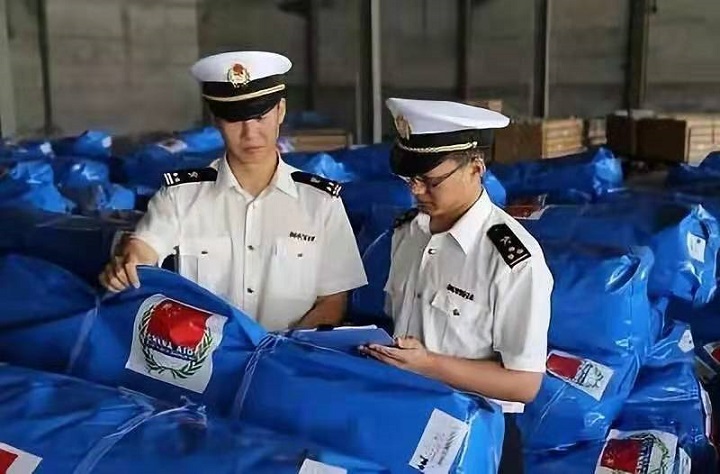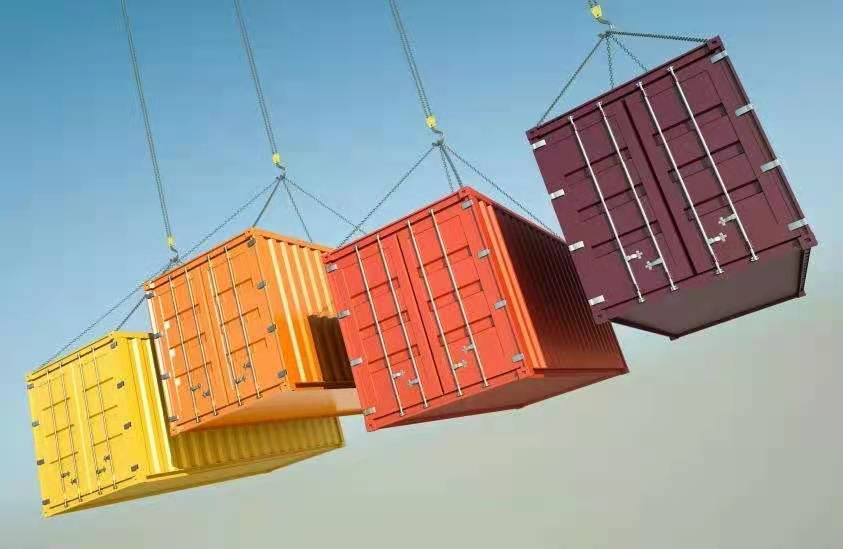Global logistics supply chain resource integrator
Global logistics supply chain resource integrator
In International Trade, goods can not be shipped for various reasons, so we have to bear the loss of the corresponding cost of lcl. Most importantly, many shippers are not very aware of these costs, so take precautions. Today, let's have a look at some relevant knowledge about the cost of shipping lcl in the process of cargo transportation.

What is a LCL? CL cargo = LESS CONTAINER LOAD, LCL is used especially for small bills that do not fill a full CONTAINER (20'/40/45) . Usually, bulk cargo consolidation contractors collect goods separately and gather them at container freight stations or inland stations, and then assemble two or more packages into a single container, the goods are also to be delivered separately at the container terminal or the inland terminal at the destination. For such goods, the carrier shall bear the cost of packing and unpacking, which shall still be charged to the shipper. The carrier's liability for lcl is basically the same as that for traditional general cargo transportation. What is the loss of sea-fcl? After 11:00 noon on the working day before the closing date of the bill of lading, the goods can not be shipped in time due to the reasons of the booking party, resulting in the empty space of the shipping space of the LCL, the fee thus charged by the lcl to the space subscriber to make up the loss. How to calculate the cost of loss? The loss rate is calculated on the basis of the cost of the vacant space. The formula is loss rate = booking charge cubic x (ocean freight + port charge)/standard cubic. Note: STANDARD CUBIC: 25/20'50/40'60/40'HQ common causes and precautions for loss of shipping space (1) cargo owners do not arrive at the warehouse in time or cancel the shipment temporarily. Prevention: Freight forwarders regularly cut-off date with the owner to maintain communication, timely feedback information. And inform the consignor that he has the responsibility to notify, otherwise there will be a loss of shipping costs. (2) a larger proportion of over-square/under-square/over-weight. Guard against: Please ask the forwarder to order the cargo manifest and the actual cargo as far as possible consistent, if there is any change in a timely manner. (3) when the goods enter the warehouse, it is found that the goods are unable to be transported due to their own characteristics or specifications, such as "liquid/dangerous goods/super heavy parts" . Prevention: Please advise the consignor not to accept liquid/dangerous/semi-dangerous goods, super heavy parts must be confirmed in advance. (4) delays in shipment due to customs inspection. Guard against: Please forwarder request shipper declaration to do single consistent, document consistent, single cargo consistent, customs if in doubt, please cooperate with the forwarder company customs declarers clear and timely reply to the customs. Customs has any requirements as far as possible to ensure that the timely shipment of goods.

关注伊布拉欣,
了解国际货运第一手
最新行业动态。









Ibrahim international freight and import customs brokerage service related information, with an updated international logistics perspective, let you know about the news of international trade and freight forwarding.

2021-01-25